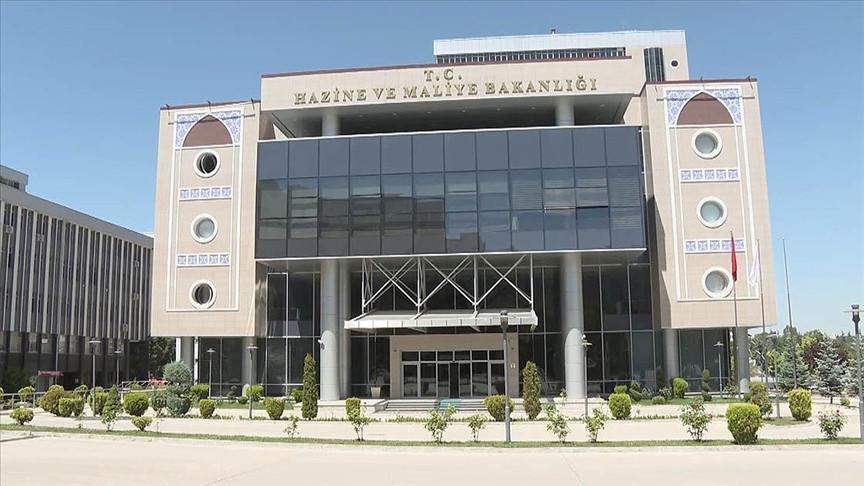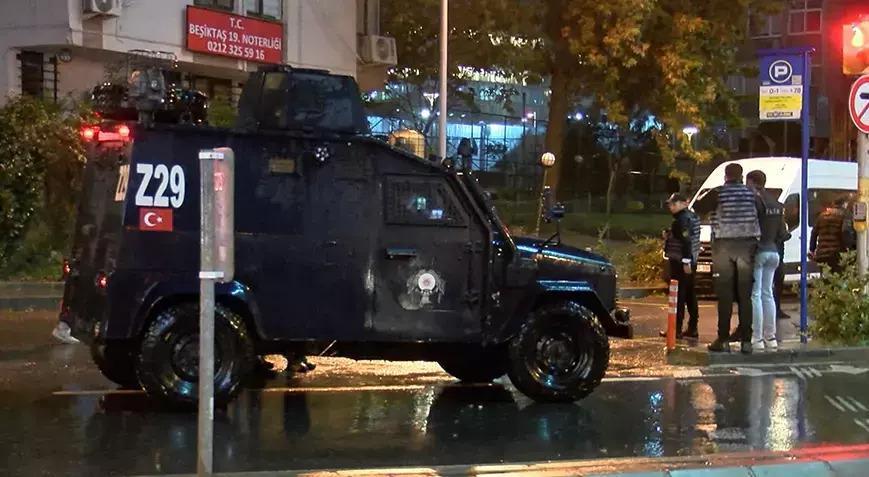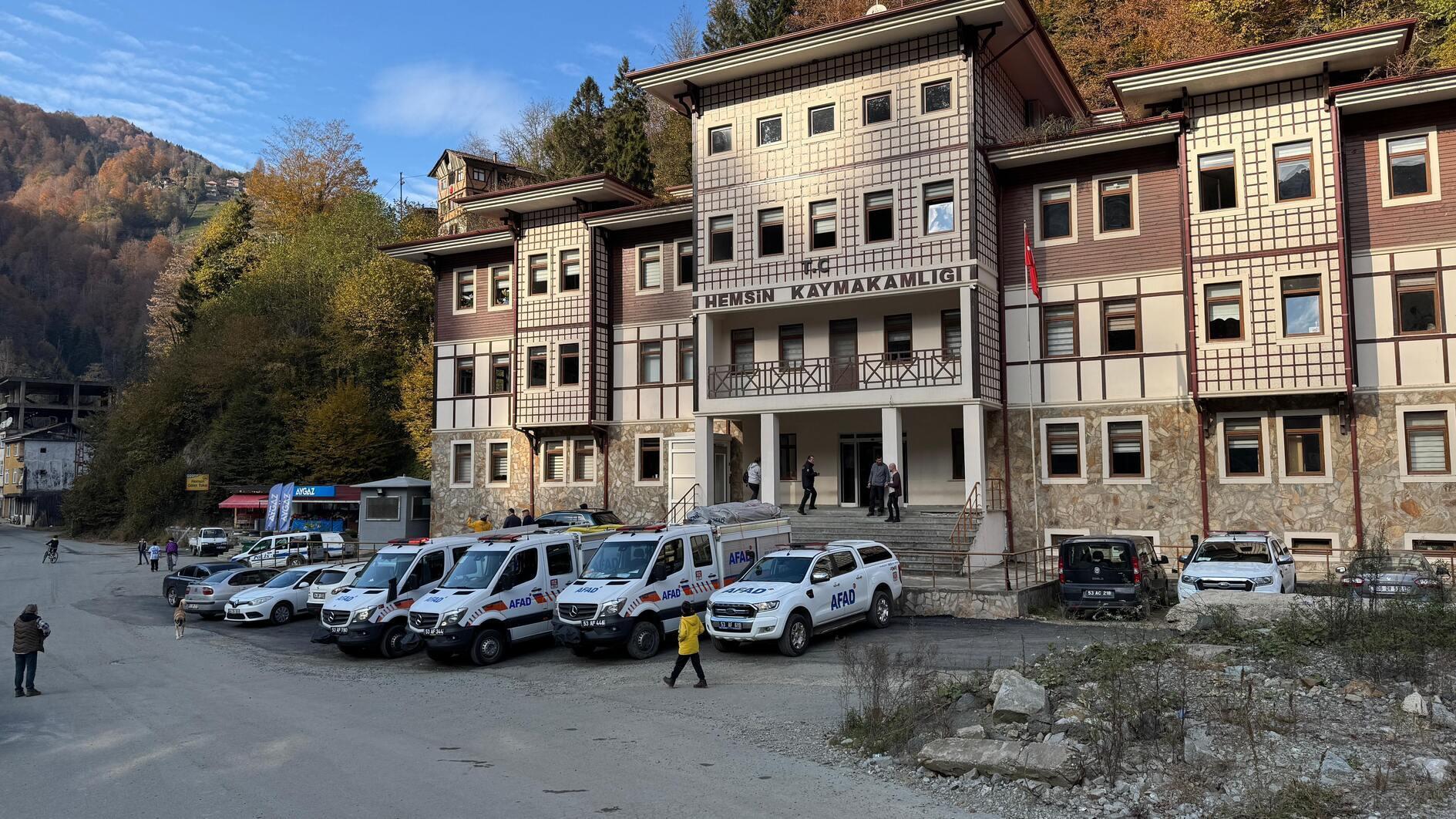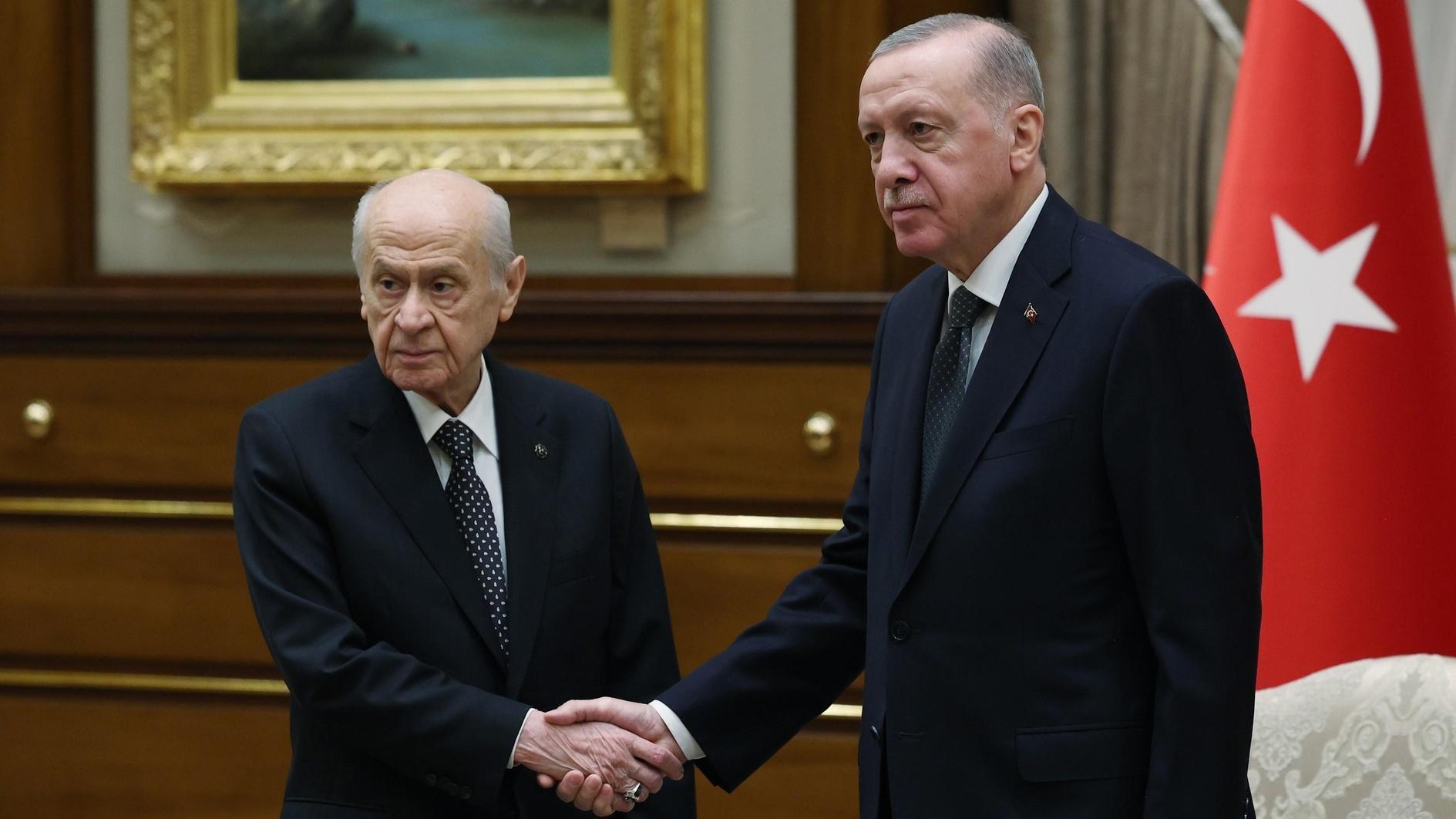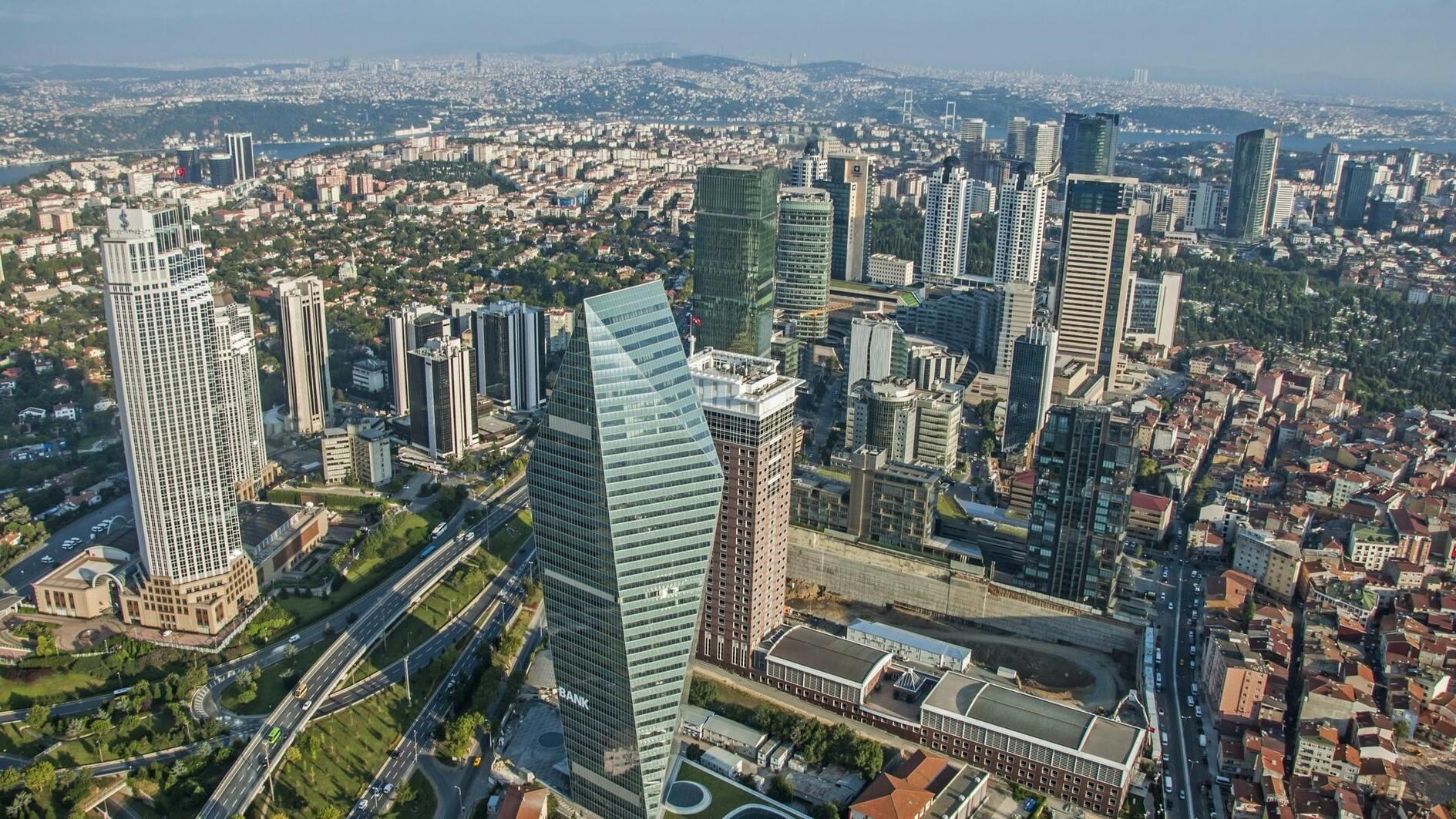New massacre fears as Syria army batters Banias
BEIRUT - Agence France-Presse
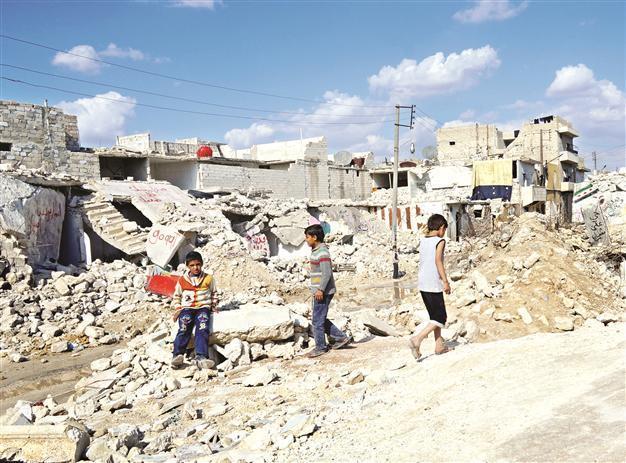
Syrian childrens are seen near the collapsed buildings in Aleppo. AA photo
The Syrian army bombarded Sunni areas of Banias on May 3 as heavy gunfire rocked the Alawite-majority port city, a watchdog said, raising fears of a new massacre."Some neighbourhoods in southern Banias are being bombarded by regular troops and soldiers manning checkpoints in the area have opened up with fire," said the Syrian Observatory for Human Rights.
Some of the areas of Banias that were stuck included Ras al-Nabaa and Ras al-Rifaa, the Observatory said, adding it was the first time for the army to shell the northwestern city.
Rami Abdel Rahman, director of the Britain-based watchdog, said troops were raiding homes and making arrests "triggering panic" among residents.
"I fear that there could be a massacre like the one that happened yesterday in Bayda," a Sunni village south of Banias, Abdel Rahman told AFP.
Fierce clashes between rebels and soldiers erupted May 2 in Banias and Bayda, where government troops and pro-regime militias were accused by the opposition of carrying out a "large-scale massacre".
Citing witness accounts of civilians being stabbed to death in Bayda, the opposition National Coalition called for urgent action from the United Nations and the Arab League "to save the civilians of Bayda, Banias and other villages across Syria".
In its statement, the opposition accused the Syrian regime of "war crimes and genocide". Abdel Rahman told AFP on May 2, citing villagers who fled Bayda, that "at least 50 people were killed in summary executions and shelling" in the village.
The Observatory, which relies on a broad network of sources on the ground for its information, also reported on May 2 that some people "were summarily executed, shot to death, stabbed or set on fire".
It said regular troops were backed by shabiha, pro-government militiamen. The Alawite sect to which Syrian President Bashar al-Assad belongs is an offshoot of Shiite Islam while insurgents battling to topple his regime are mainly Sunni Muslims.
Along with Daraa, cradle of the uprising against Assad's regime in the south, Banias saw some of the first anti-regime demonstrations in March 2011.
Banias, a port city on the Mediterranean in the province of Tartus, has a population of about 40,000, half of whom are Sunnis, 45 percent Alawites and the rest Christians and Ismailis, another Shiite branch, according to experts.
The Sunni-populated village of Bayda is home to about 6,000 people. The region's three main coastal cities of Banias, Latakia and Tartus and their surrounding areas form the "Alawite heartland," where analysts say Assad could seek refuge if his regime falls.
"The regime will not allow the presence of combatants in this area," Abdel Rahman said, referring to rebel forces.


